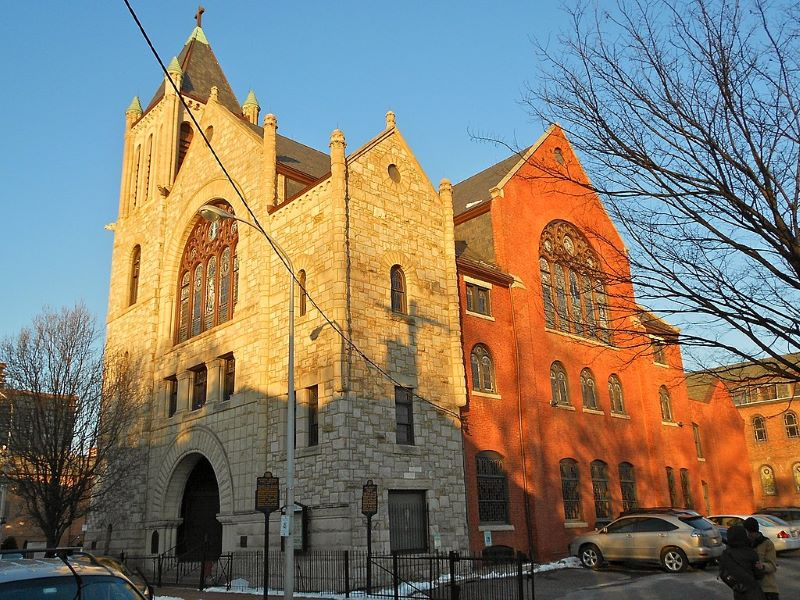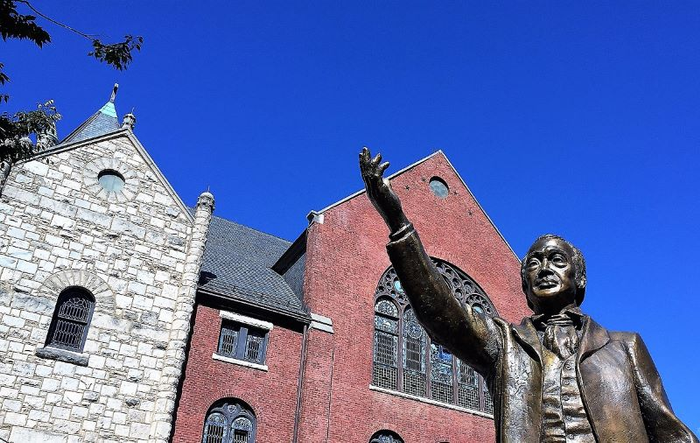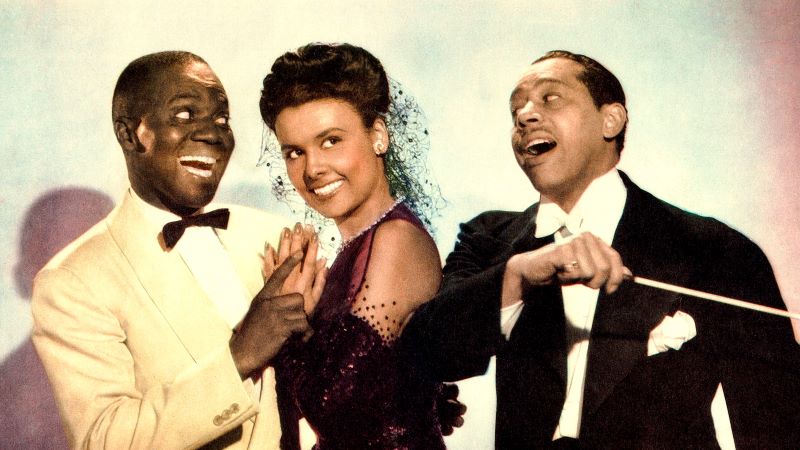
Mother Bethel African Methodist Episcopal Church. Source: Wikimedia Commons
The history of the emancipation from slavery and the struggle for freedom and equality in America especially in the great city of Philadelphia cannot be told without highlighting the remarkable role of Mother Bethel African Methodist Episcopal Church (AME).
Founded by a former slave called Richard Allen in 1784 as the first Methodist Episcopal Church in the United States, the church became a sanctuary of sorts for fleeing and freed slaves. As a strong player in the abolitionist movement, Mother Bethel Church was a strong institution supporting individuals and groups in the fight for freedom and equality.
Many of such groups were the members of the free Black community, Northern abolitionists, and philanthropists who played active roles in the Underground Railroad movement which was a system existing in many of the Northern states before the Civil War which offered help to escaping slaves from the South by providing them refuge and safety in places where the hands of slave hunters could never reach.
With its growing strength as a wholly Black-owned church, Mother Bethel provided financial support, nourishment, and asylum to the escaping slaves of the Underground Railroad movement. After the emancipation proclamation by President Lincoln in 1863, Mother Bethel church was instrumental in settling many former slaves who had started relocating to Philadelphia.
Beyond offering sanctuary to fleeing slaves, Mother Bethel Church was a strong force in the abolitionist and civil rights movements. As an institution, it was not a new player in the movement. A victim of segregation, its founder Richard Allen had been a member of the St George’s Methodist Episcopal Church in Philadelphia.

Statue of founder Richard Allen in front of Mother Bethel AME Church. Michael Clemmons via Wikimedia Commons
Because of his growing influence especially among Blacks, St George saw a rise in the attendance of Black members to its church programs. Fearing that Black members would outnumber White members, race prejudices began to rise leading the church leadership to initiate segregation policies that forced Richard Allen and other black members of the church to leave. Their departure gave birth to the Mother Bethel African Methodist Episcopal Church.
As an advocate in the abolitionist movement, the church organized programs, meetings, rallies, and protests that highlighted the ills of slavery and pushed for its complete eradication. One such event where the Church played a crucial role as host was the 1817 meeting of 3000 African Americans who rose against the American Colonization Society which tried to relocate and resettle free Blacks in the United States to Sierra Leone.
Despite the numerous threats and harassment especially from slave hunters and those opposed to the abolitionist movement, members of Mother Bethel church remained committed to the cause of ending slavery and winning freedom for the many Black lives under the heel of servitude.
Furthermore, the church committed itself to opening up the minds of African Americans by running literacy programs and building schools to ensure that members of the Black community were prepared to function in society.
In the civil rights movement, the church hosted many Black leaders of the movement such as Frederick Douglass, Lucretia Mott, and Martin Luther King. Offering them access to their platform, these leaders were able to reach a wider audience and impact greatly in civil rights advocacy.
In the struggle of African Americans against slavery and wanton human rights violations, Mother Bethel African Methodist Episcopal Church (AME) would always hold a place in history, a solid rock whose involvement contributed immensely to the triumph of freedom.

Okechukwu Nzeribe works with the Onitsha Chamber of Commerce, in Anambra State, Nigeria, and loves unveiling the richness of African cultures. nextquestservices@gmail.com





